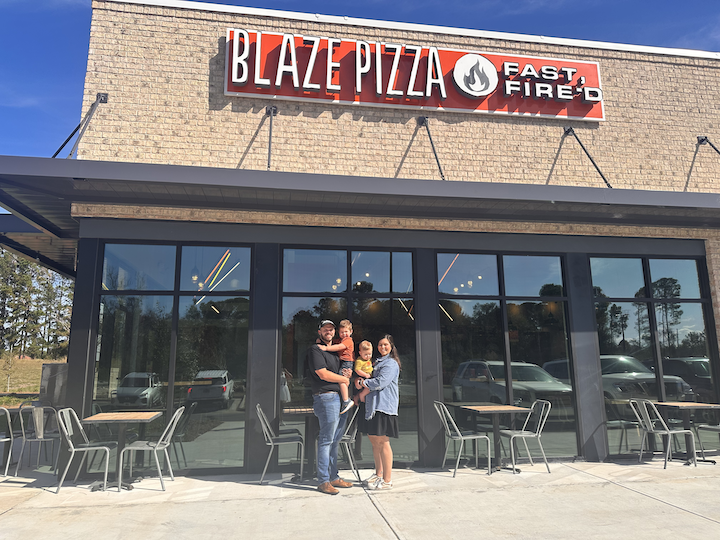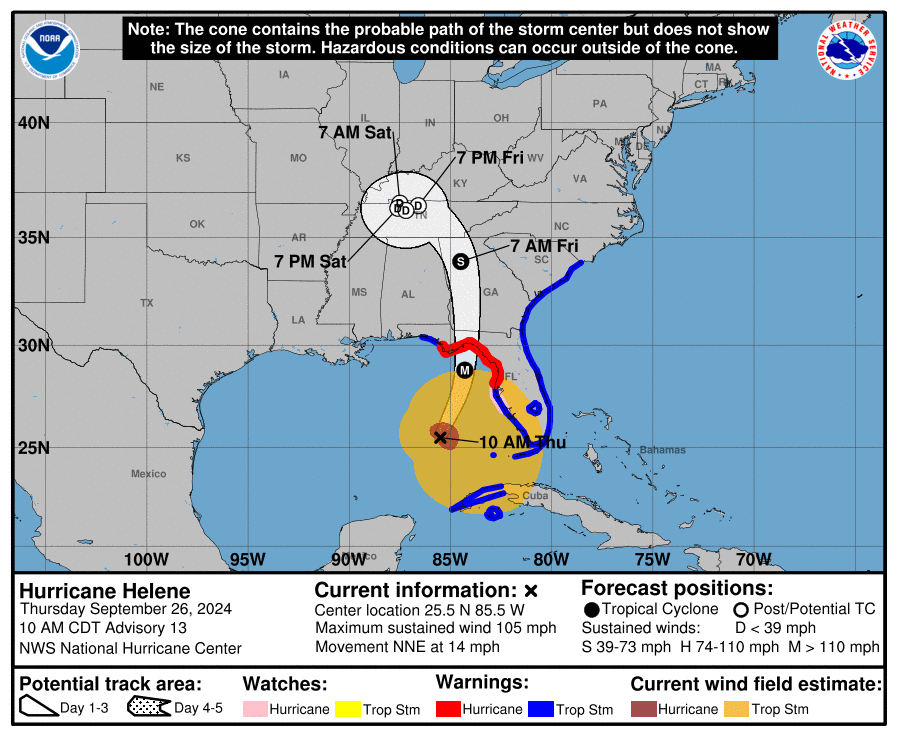What’s new: As global temperatures are rising due to increased greenhouse gas emission, it is important to find sustainable methods of reducing our carbon footprint. Hazelnut Pastures is a sustainable organic farm that provides clean food and is reducing pollution in the process.
- Sustainable farming is defined as “Farming in such a way to protect the environment, aid and expand natural resources and to make the best use of nonrenewable resources,” according to the Natural Agriculture Library.
- “Our goal here is to provide good quality food for Bulloch county,” said Jeremy Hazel.
Why it matters: Hazelnut pastures is one of the few organic farms in Bulloch county. They practice a variety of sustainable farming methods which increases the longevity of the soil while consistently providing clean and organic food. Sustainability can be achieved in a variety of ways, big or small.
- Rotational grazing is a method used in which animals feed on a specific plot of land for a short period of time then they are moved to another area according to the U.S. Department of Agriculture. This method helps improve the soil structure, limits soil erosion, reduces runoff and prevents overgrazing.
- Another sustainable method used at Hazelnut pastures is no till. No till refers to planting crops with minimal disturbance to the soil according to Regeneration International
- “We want our land to absorb the highs and lows of nature,” said Hazel.
- The animals also do not receive any growth hormones or antibiotics allowing them to be healthier.
- “I don’t give our chickens any growth hormones, antibiotics and I don’t vaccinate them, they are natural chickens,” said Hazel.
What’s next: Because of rotation grazing Hazel has seen improvements in his soil quality.
- “After the hurricane, I noticed the water was not running off like it used to and I realized the land is starting to heal itself because it’s starting to retain more water,” said Hazel.
- Reversing our carbon footprint is no easy task but it can be completed one farm at a time.









